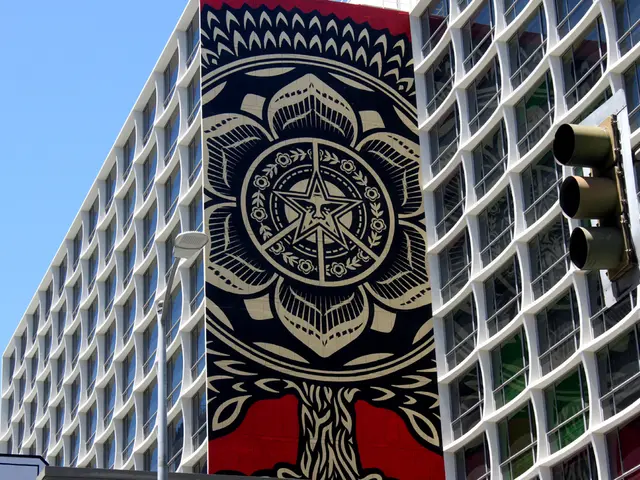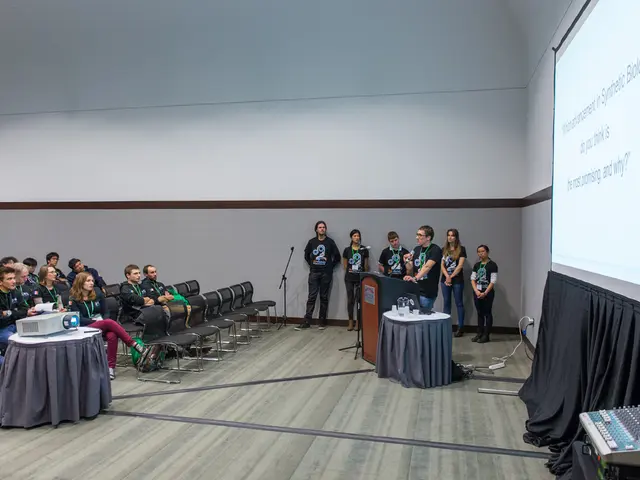Ransomware Attack on Crown Princess Mary Cancer Centre Sparks Debate on Payment Ban
A ransomware attack on the Crown Princess Mary Cancer Centre in NSW has sparked debate about the effectiveness of banning ransom payments. The Medusa ransomware gang demanded AUD100,000 from the centre, threatening to leak patient data if not paid within seven days.
NSW Health is currently investigating the incident and has confirmed that no patient databases were compromised. This is not the first time Australian health entities have been targeted by ransomware gangs. In the past year, groups like UaWrongTeam, AlphV, BlackByte, and Phobos have also launched attacks.
Cybersecurity specialist Oakley Cox, Analyst Technical Director at Darktrace, has been recommended by the UK's National Cyber Security Centre (NCSC) to help combat such threats. Cox suggests that government agencies should enhance their cyber offensive capabilities to fight back against these groups. However, he argues that a ban on ransom payments may not be effective, as attackers are still motivated by sensitive data.
The Australian government, while not prohibiting ransom payments, advises against them. It warns that paying ransoms does not guarantee the safe return of data and fuels the growing problem of ransomware attacks. As cyberattacks on health entities continue to rise, the debate on how best to respond, including the potential for legislative changes, remains ongoing.
Read also:
- InformationWarfare in the Modern Era: Enhancing an Information Strategy for today's Battlefield and Botnet Threats
- Ukraine's Drone Revolution: Rapid Evolution and Countermeasures
- EU's Energy Infrastructure Under Siege: Cyber Attacks Surge 67% in 2025
- Vito Schnabel's Art & Real Estate Fortune Tops €10.4M






